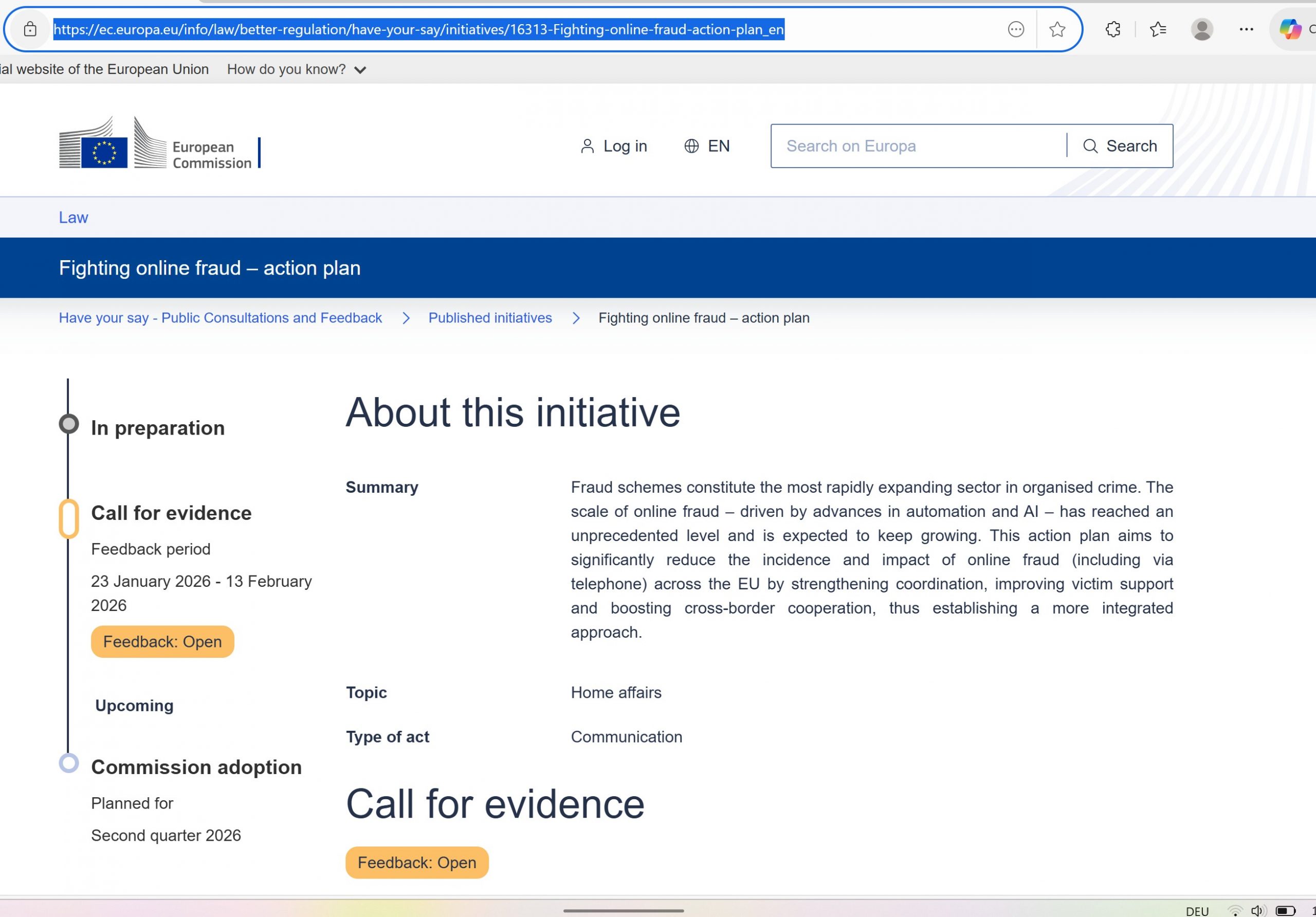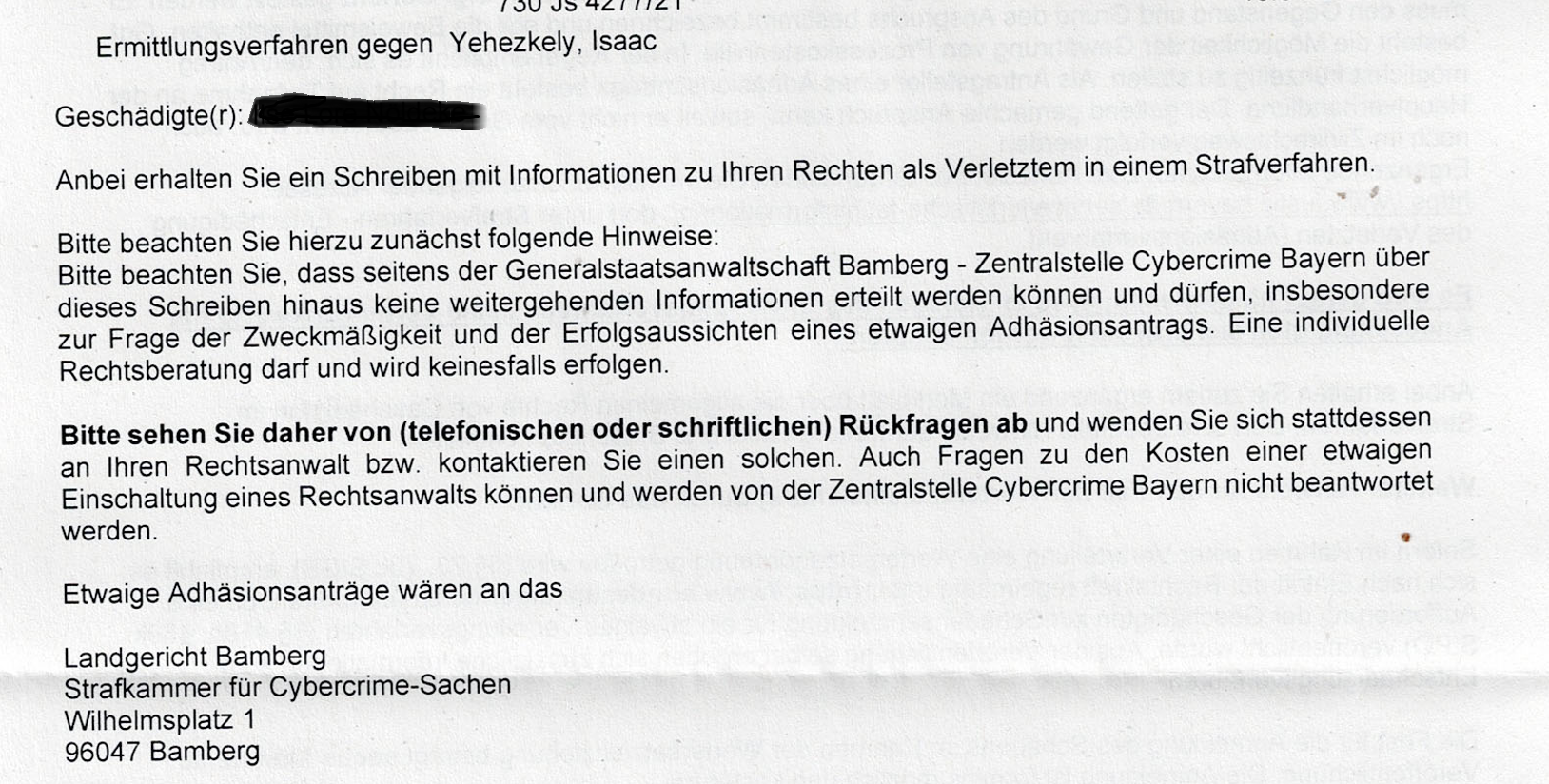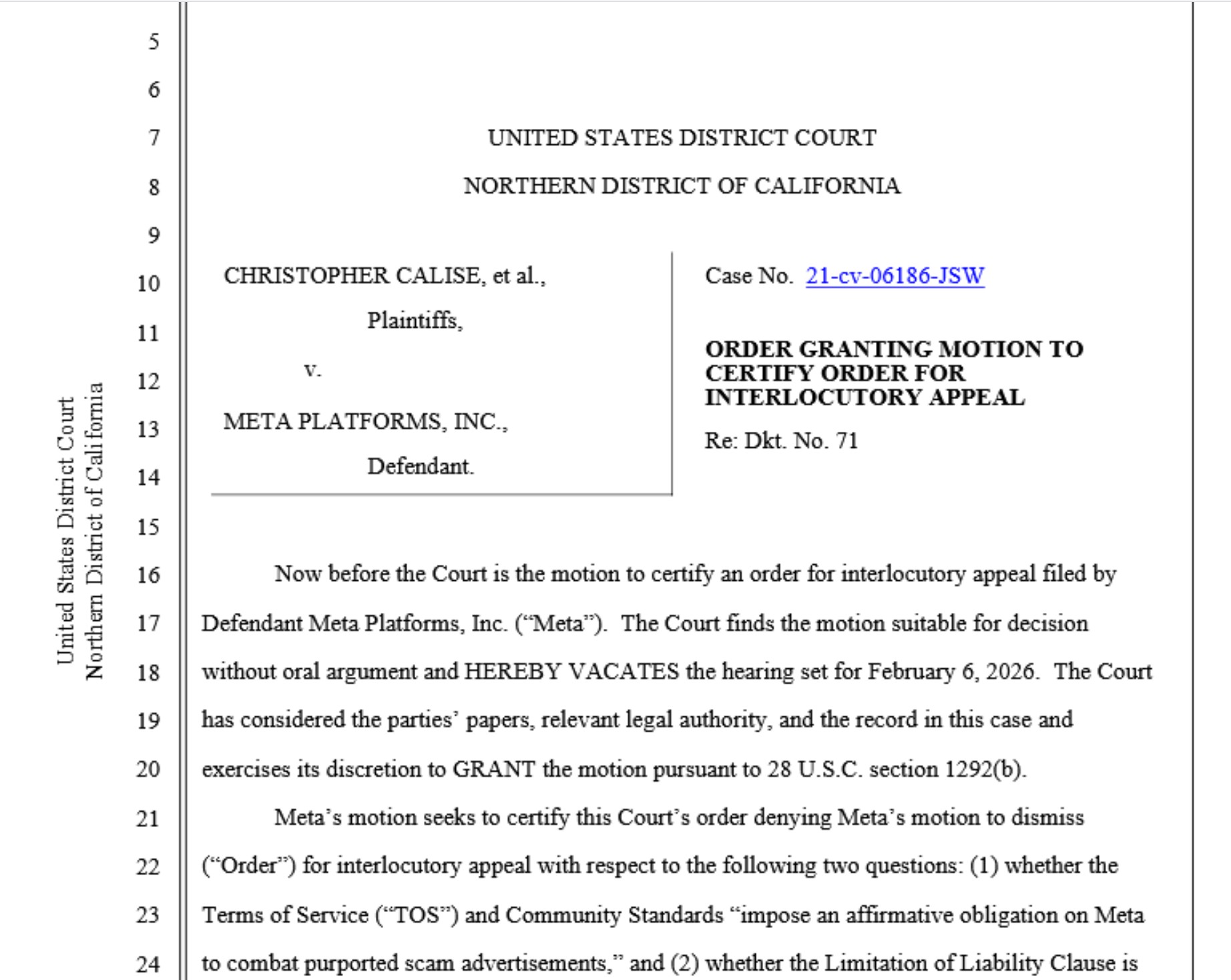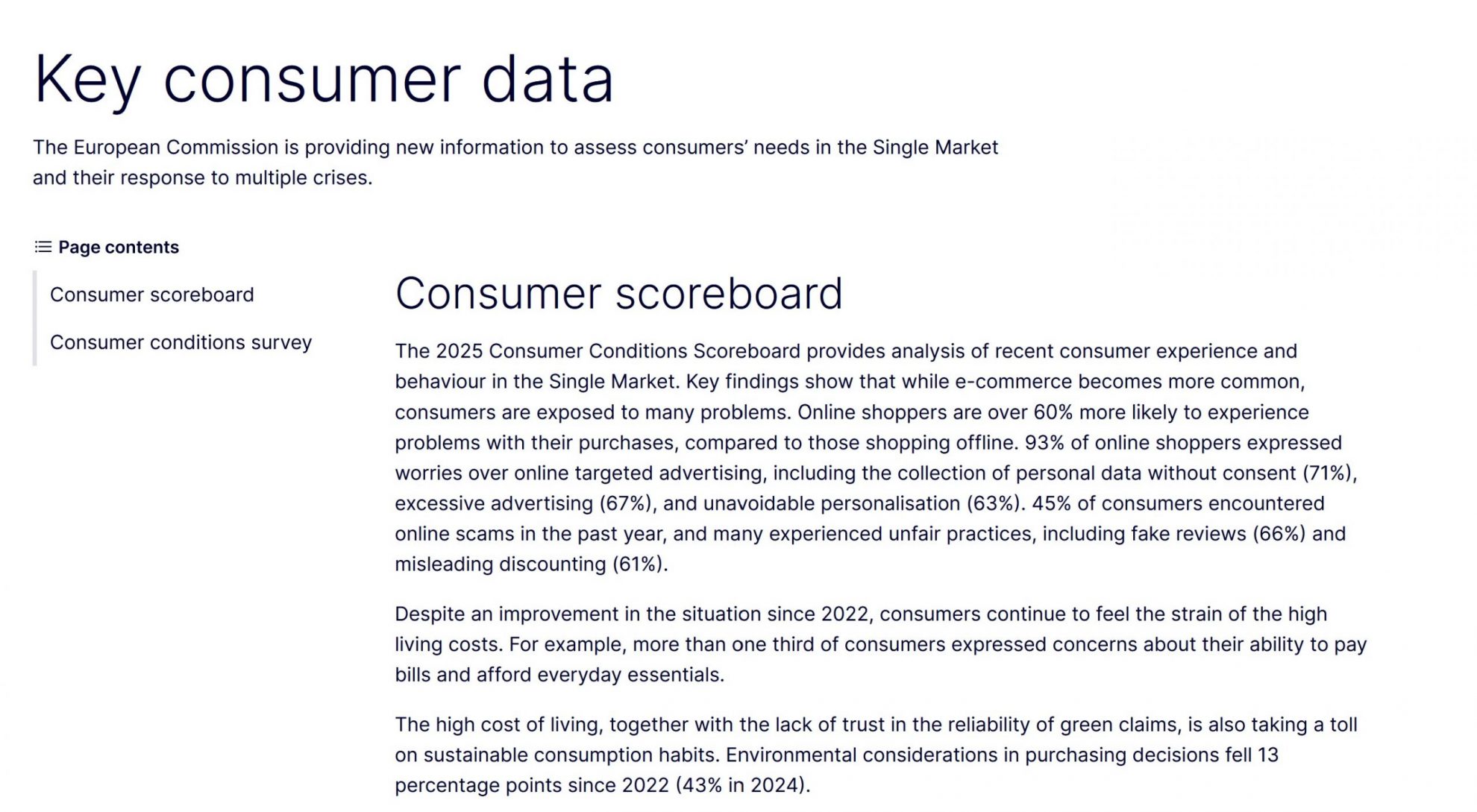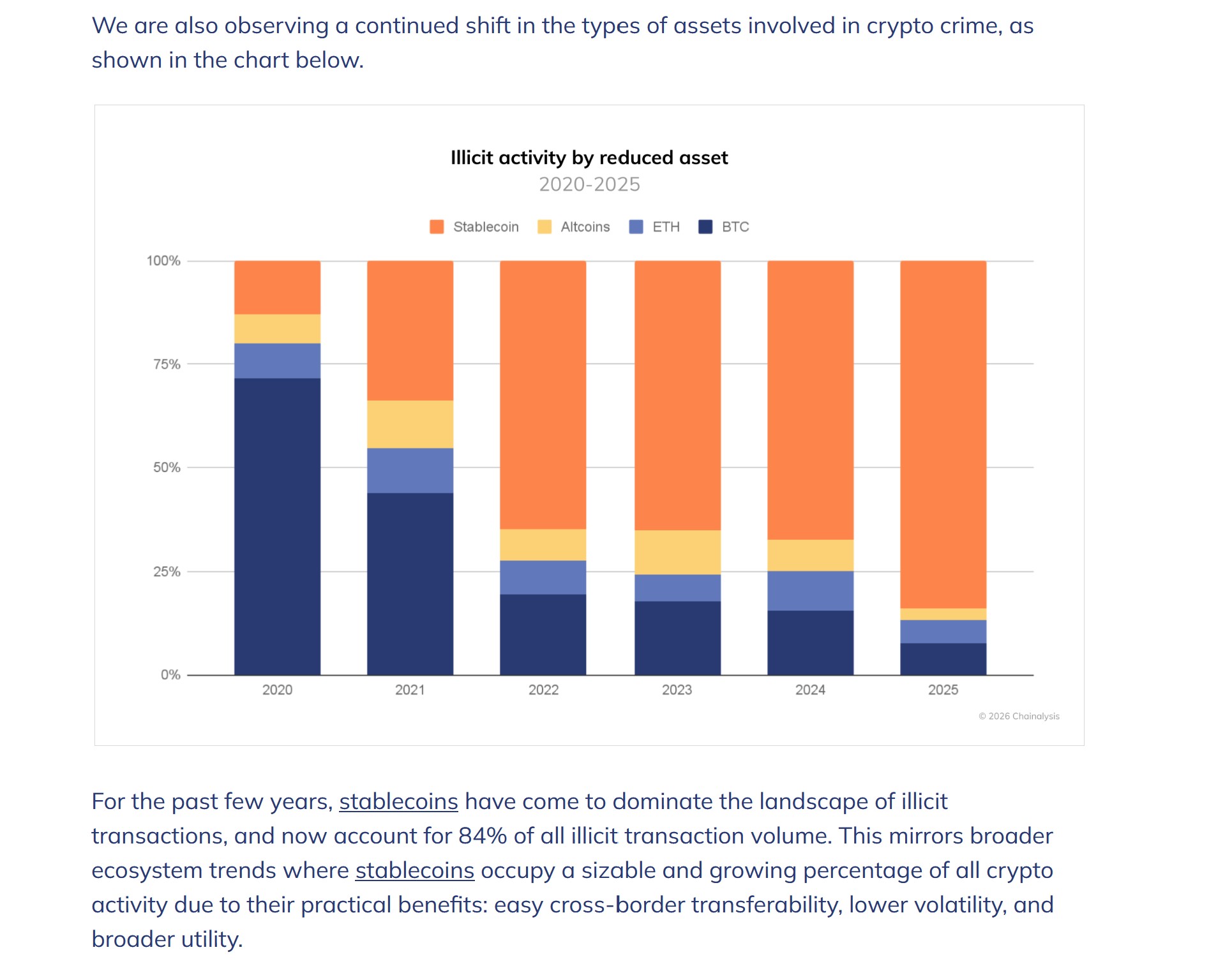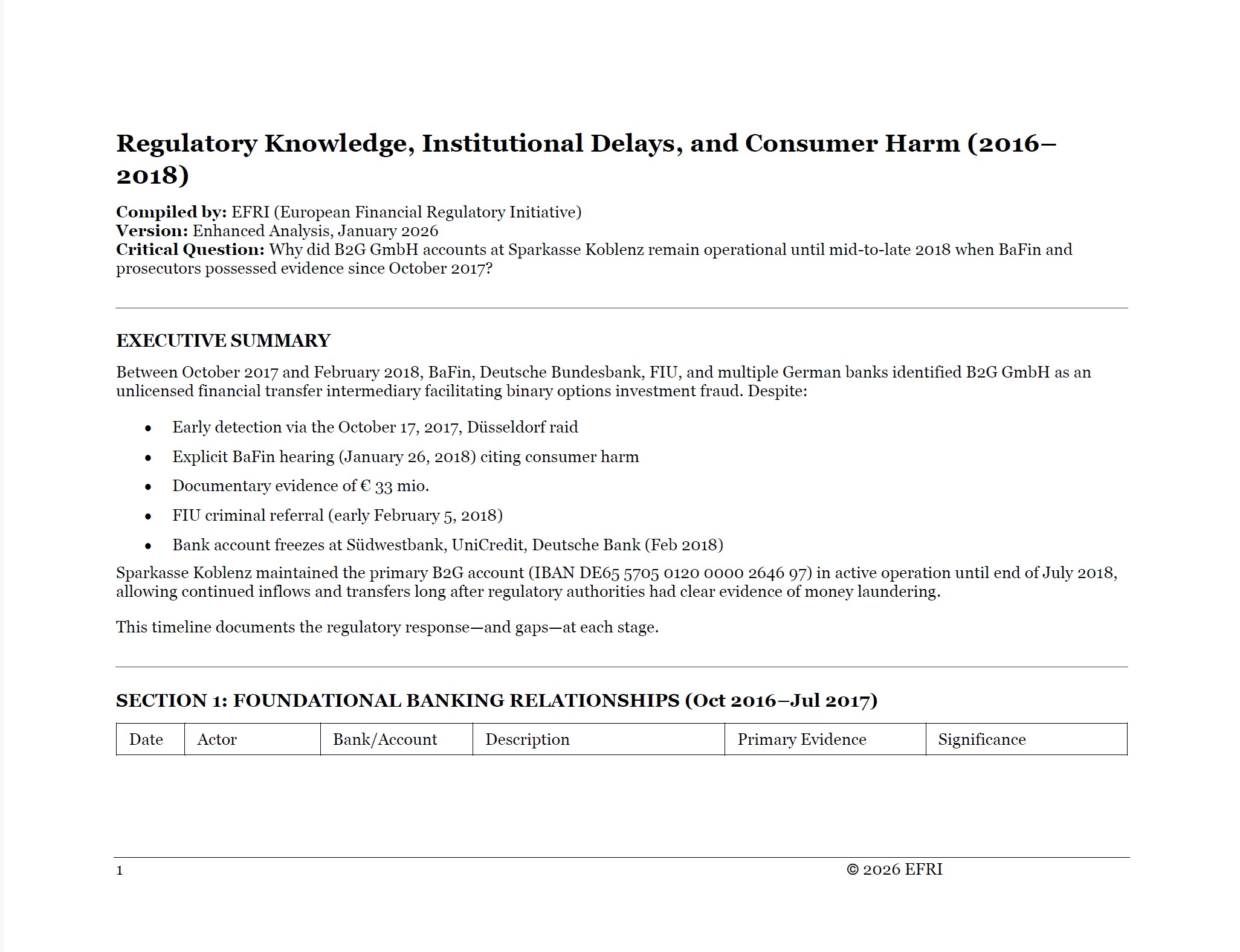Payvision BV, a 100% entity of ING Bank NV (one of the biggest bank in Europe) was identified by the Austrian law enforcement agency as being the main payment processor for a vast criminal organization headed by Gal Barak, Gery Shalon, Uwe Lenhoff and others.
Payvision willfully, and ruthlessley violated all compliance rules set for European-regulated payment institutions for many years, blinded by greed and a desire for illegal enrichment. Solely to increase the profits for the Dutch entity. And for Payvision´s founders, it paid off as ING Groep N.V.– one of the biggest European banks – rewarded their criminal activities with a purchase price of 360 million euros at the beginning of 2018.
DNB´s on-site inspection of Payvision BV
After excessive media reports (starting in 2018) about PAYVISION`s involvement in cybercrime incidents, the Dutch supervisory authority DNB requested Payvision to get a third party to audit its compliance procedures.
The resulting devastating report produced by KROLL forced DNB to start an on-site inspection in the summer of 2020.
According to the report of the Dutch daily newspaper FD of October 14, 2022, DNB´s on-site inspection of Payvision found that
- Payvision has seriously violated the Sanctions Act, the Financial Supervision Act, and the Dutch Money Laundering and Terrorist Financing Act (Wwft) since at least 2015
- fraud signals were deliberately ignored.
- Furthermore, customer checks and compliance with anti-money laundering regulations were systematically neglected.
According to the media report, DNB filed a criminal complaint regarding PAYVISION and Rudolf Booker (the founder and CEO) in 2021. Since then, criminal investigations are pending.
ING winded down Payvision starting in 2021 – the website vanished, and the employees left the company; the license was withdrawn on 15 June 2023.
The strange non-disclosure policy of DNB reg. Payvision
Up until now, none of the previously mentioned events – including the outcomes of the on-site inspection report, the submission of the criminal complaint, or the closure and revocation of Payvision’s license – have been publicly disclosed by DNB. All the incidents became public due to whistleblowing to the Dutch FD.
The publication of money laundering actions and penalties by supervisory authorities plays a critical role in enforcing compliance, educating and guiding financial institutions, enhancing transparency and accountability, and ultimately contributing to the fight against money laundering globally.
Clearly, the principles commonly advocated by international authorities, like deterrence[1], educational purpose[2], policy guidance[3], naming and shaming, and global coordination[4] used by international leaders that call for Transparency and Accountability of regulatory authorities do not seem to apply to how DNB has managed the money laundering findings concerning Payvision and ING.
We approached the Dutch supervisor authority DNB several times to support the victims’ fight for justice.
We have consistently sought, both informally and via legal channels, for the DNB to share segments of their on-site inspection report that highlight Payvision’s deficiencies. This disclosure is vital for assisting affected consumers in fortifying their ongoing legal disputes and informing the public, especially since the Payvision management team is allegedly creating new payment processors
The DNB has steadfastly declined to assist the victims, citing confidentiality obligations as their justification. However, DNB is aware that such refusal hinders the victims’ efforts to pursue justice against Payvision/ING Bank NV for its role in the online fraud they suffered.
Thus, it appears that the DNB is favoring the alleged perpetrators operating Payvision and, in doing so, is denying victims their rightful opportunity to seek accountability from those complicit in the fraud – although DNB claims that it aims to maintain a stable, transparent, and fair financial system, which is integral to protecting the interests of consumers in the Netherlands.
Our request from the European Banking Authority
According to the mission of EBA .. The EBA promotes a transparent, simple, and fair internal market for consumers of financial products and services. The EBA seeks to foster consumer protection in financial services across the EU by identifying and addressing detriment consumers may experience or are at risk of participating in their dealings with financial firms.
There is also a social interest at stake, namely that European consumers can/should be able to rely on a stable, secure, and reliable payment system. The Payvision affair is a serious international cybercrime case with hundreds of thousands of victims, significant social repercussions, and great damage to confidence in the financial sector. This matter, therefore, deserves to be correctly and honestly investigated, and the victims are entitled to justice and compensation.
Therefore, it is imperative that we appeal to the European Banking Authority to intervene and assess any deficiencies in DNB’s current strategy of withholding public information regarding the identified failings of Payvision BV, its former management, and its parent company, ING Bank NV.
Taking and accepting responsibility should be a primary factor in the fight against money laundering and financial crime in Europe.


